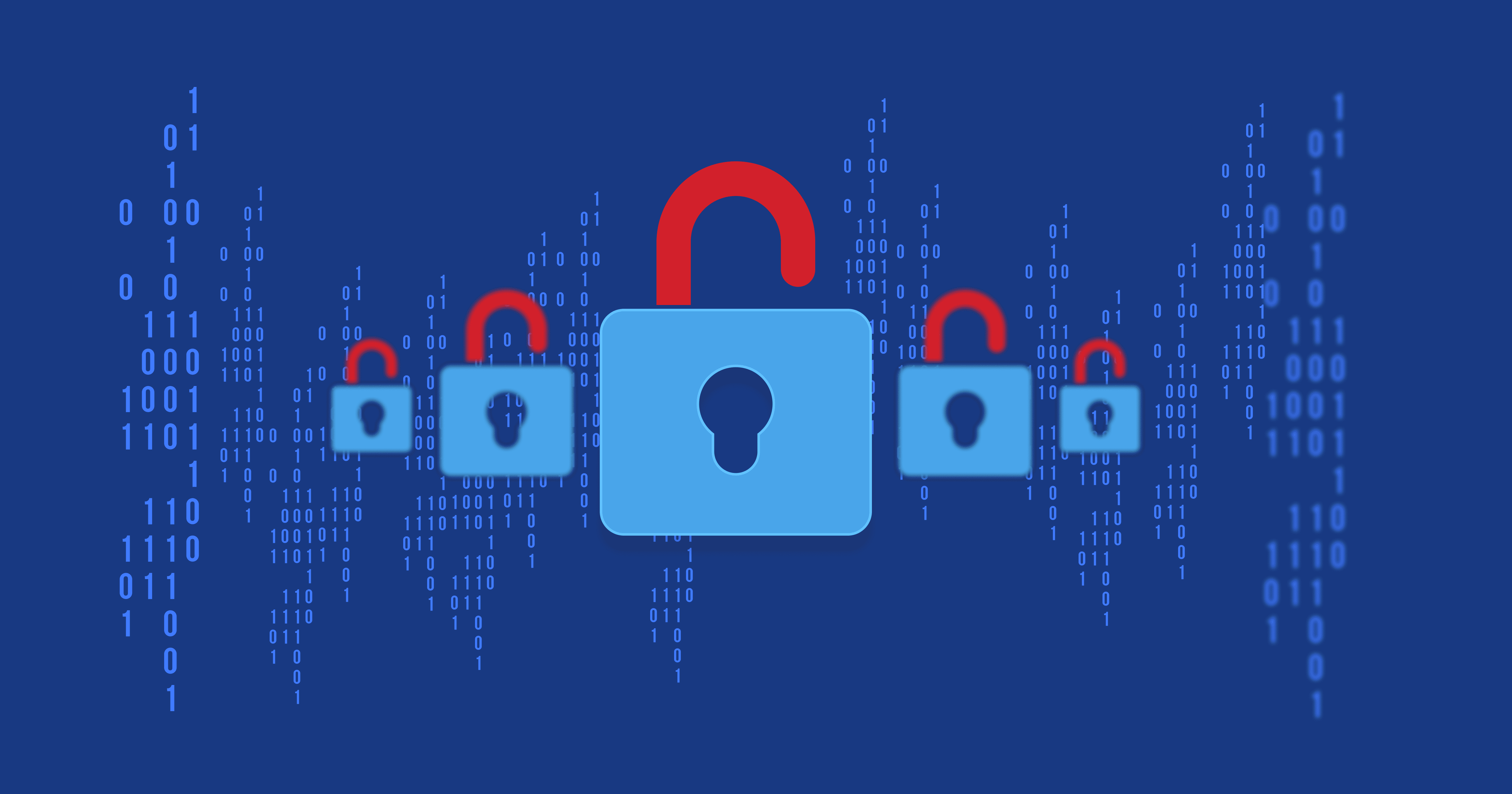Upholding Integrity: The Necessity of Compliance with E-commerce Security Standards

In the ever-expanding landscape of e-commerce, where transactions unfold at the speed of a click, ensuring the security of digital platforms has never been more critical. Compliance with established e-commerce security standards emerges as a linchpin in fortifying the integrity of online transactions. This article delves into the imperative of adhering to e-commerce security standards, exploring the significance, benefits, and key practices that businesses must embrace to safeguard their digital storefronts.

1. The Foundation of E-commerce Security Standards: E-commerce security standards are a set of guidelines and best practices designed to protect digital platforms and the sensitive information entrusted to them. These standards encompass a wide array of measures, including data encryption, access controls, and proactive threat monitoring.
2. Payment Card Industry Data Security Standard (PCI DSS): At the forefront of e-commerce security standards is PCI DSS, a comprehensive framework that outlines the requirements for securing payment card information. Compliance with PCI DSS is imperative for any business handling credit card transactions, ensuring that customer payment data is handled with the utmost care and security.
3. General Data Protection Regulation (GDPR) Compliance: For businesses operating in the European Union or handling the data of EU citizens, compliance with GDPR is mandatory. GDPR focuses on protecting the privacy and rights of individuals, outlining strict requirements for the collection, processing, and storage of personal data.
4. Secure Sockets Layer (SSL) and Transport Layer Security (TLS): Implementing SSL/TLS protocols is a fundamental aspect of e-commerce security standards. These cryptographic protocols secure the transmission of data between the user’s browser and the e-commerce server, protecting sensitive information such as login credentials and payment details.
5. Regular Security Audits and Assessments: Continuous monitoring and regular security audits are essential for identifying and addressing vulnerabilities in e-commerce systems. Conducting thorough assessments helps businesses stay proactive in maintaining compliance with security standards and mitigating potential risks.
6. Two-Factor Authentication (2FA): Integrating Two-Factor Authentication enhances e-commerce security by requiring users to provide two forms of identification before accessing their accounts. This additional layer of protection goes beyond traditional password measures, aligning with security standards that prioritize user authentication.
7. Secure APIs and Data Exchange: Secure Application Programming Interfaces (APIs) are crucial for secure data exchange between different systems and platforms. Compliance with security standards ensures that APIs adhere to best practices, preventing potential vulnerabilities that could be exploited by malicious actors.
8. Employee Training and Awareness Programs: Human factors remain a significant element in e-commerce security. Implementing training and awareness programs for employees ensures that they understand and adhere to security standards, reducing the risk of unintentional security breaches.
9. Incident Response Plans: No system is entirely immune to security incidents. Having a well-defined incident response plan is a vital component of e-commerce security standards. This plan outlines the steps to be taken in the event of a security breach, ensuring a swift and coordinated response to mitigate potential damage.
10. Customer Communication and Transparency: Building trust with customers involves transparent communication about security measures. Clearly articulating compliance with e-commerce security standards in privacy policies and terms of service fosters confidence among users, reinforcing the commitment to protecting their sensitive information.
In conclusion, compliance with e-commerce security standards is not merely a regulatory requirement but a strategic imperative for businesses navigating the digital realm. By embracing these standards, e-commerce platforms not only protect themselves from potential cyber threats but also cultivate trust and confidence among consumers in an era where security is synonymous with a positive online experience.






